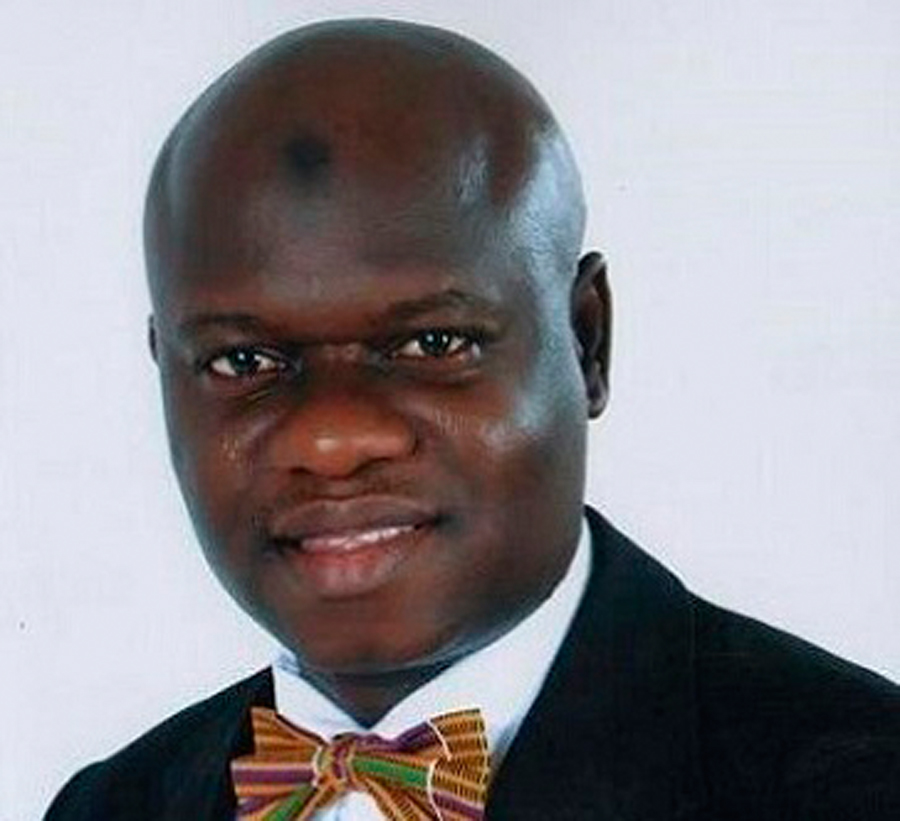An Entrepreneur, Mr Muideen Ibrahim, has urged President Muhammadu Buhari to ensure a remarkable improvement in the power sector urgently in his second term administration.
Ibrahim, who is the Chief Executive Officer of BAMIB Resources and Investments Company Limited (BRIC), made the appeal in Lagos on Monday. He said there were still some grey areas which needed to be attended to urgently.
According to him, some of the grey areas include evacuation of the power generated, effective metering which a lot of Nigerians are still disenfranchised as per metering.
He identified other areas which must be duly addressed without further delay as transmission because the systems were old and causing losses due to naked facilities.
Ibrahim, also the Executive Secretary of the Electricity Meters Manufacturers Association of Nigeria (EMMAN), said distribution companies were smiling to the banks because of the estimated billings which had been having untold effects on the consumers.
Ibrahim commended Buhari, saying his government had done well on power generation. The energy expert said: “Meter Asset Providers (MAP) can address the metering gap challenge if properly implemented and monitored by Nigerian Electricity Regulatory Commission (NERC) and Ministry of Power.
“Monitoring, accountability and sincerity of purpose are the key factors in ensuring that MAP works effectively. All the Distribution Companies (DISCOs) should take off on time.
“The distribution companies should tidy up their various networks and evacuate what is generated constantly. It is sad and disheartening that one of the greatest challenges confronting the power sector is distribution. The DISCOs should do the needful in all ramifications.”
He noted that generation was quite okay to a large extent but it is better, noting that “what is generated in relation to the population was far too low”. According to him, this presupposes that there is need to scale up efforts.
“The golden question is that if the Generating Companies (GENCOs) scale up, can it be effectively transmitted and or distributed?
“The answer is no. South Africa is generating far more than what is generated in Nigeria whereas the population of South Africa is quite lower than that of Nigeria. “So what is the challenge here? Human factor.
“In 2017, the population of South Africa was 56.72 million and according to the Ministry of Energy, South Africa’s total domestic electricity generation capacity is 51,309 megawatts (MW) from all sources.
“This approximately is 91.2per cent or 46,776 MW which comes from thermal power stations, while 4,533 MW, or 8.8 per cent, is generated from renewable energy sources,” he added.
He said Nigeria with a population of 190.9 million in 2017 was naturally endowed with large oil, gas, hydro and solar resource.
Ibrahim said the country already had the potential to generate 12,522 megawatts (MW) of electric power from existing plants, but mostly able to generate around 4,000 megawatts (Mw) daily.
He added that was grossly insufficient, sad and quite unfortunate. “Hence, big manufacturing plants and or companies are not willing to come to Nigeria because of the low-level of power generated and transmitted.”
According to him, lot of manufacturers rely on generating sets to power for production processes, hence the goods produced are far more higher than the imported goods and this is affecting a lot of manufacturers.
“Hence, companies fold up in droves in this country, so President Mohammadu Buhari should address this matter once and for all. There is need to change this narrative in this country now and President Buhari in his second term should please do the needful and write his name in gold in this regard.
“To me, the three GENCOs, Transmission Company of Nigeria (TCN) and DISCOS must as a matter of fact, work together in a harmonious manner so that we can achieve the desired results in this country.
“This, most especially with respect to constant power supply since the importance of power in a nation such as ours cannot be over emphasised.
“The issue of illiquidity can be addressed in the power sector if special intervention funds can be created for the sector at low single digit interest rate.
“The power sector can be better but all hands must be on deck so that the desired results would be achieved,” he added.




